If you have watched Forks Over Knives, The Game Changes, What The Health and other documentaries that advocate a plant based diet you will now fall into one of the following 3 camps:
Camp 1: You were completely persuaded, or emboldened, by the arguments and have adopted or maintained a plant based/vegan diet
Camp 2: You found the arguments interesting, or compelling even, but just can’t give up meat and now feel guilty
Camp 3: You did not find the arguments convincing
And if you haven't watched any of them but feel at all guilty about eating meat and fish then this is the perfect article for you to make you feel better about your food choices.
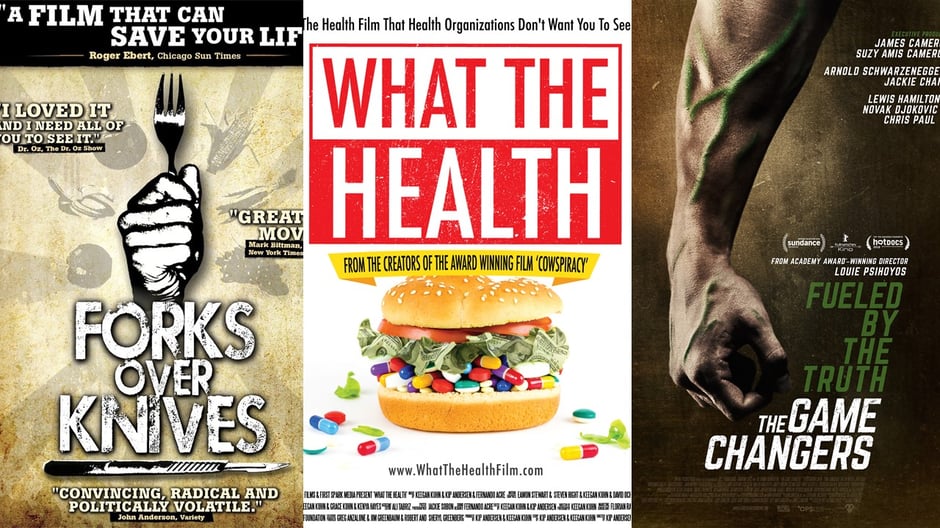
There are several reasons why vegan diets can work initially to promote health and weight loss and unfortunately these reasons are largely unknown by most people including the documentary makers themselves. They should, because the concepts are simple. In our modern society we tend to overanalyse, overthink and overstudy so much that one often needs to take a big step back from the trees to take a good overall holistic view of the wood and clearly see what's going on. So here are 5 reasons why going plant based can have some benefits but are largely unnecessary if you're already following your gut instincts and eating a high quality, healthy diet.

1. Calorie Restriction
Let’s say you need 2000 calories a day to fuel your physical needs. 1 kilogram of cauliflower contains 230 calories. 125g of wild salmon also contains 230 calories. So, to fuel your daily calorific needs, you could eat 9 kilograms of cauliflower or 1 kilogram of salmon. Now that’s an extreme example but the point is that veggies contain far fewer calories per gram than meat or fish. Going vegan requires A LOT of eating. So as soon as you switch from an omnivorous diet to a plant-based diets, unless you spend several hours a day grazing (like animal herbivores do), you’re going to enter into a calorie deficit and start losing weight. And of-course losing weight comes with a ton of health benefits: lower cholesterol, blood pressure and inflammatory markers, decreased risk of cancer, heart disease, strokes and a less taxed immune system.
And that’ll work for a while, until it doesn’t, as we discussed in our article When the weight loss comes back: unsustainable versus permanent fat loss. A much better approach to losing weight is to focus on removing the poor quality and fattening foods from your diet, adding in nutrient dense foods and embarking on a sensibly planned exercise routine.
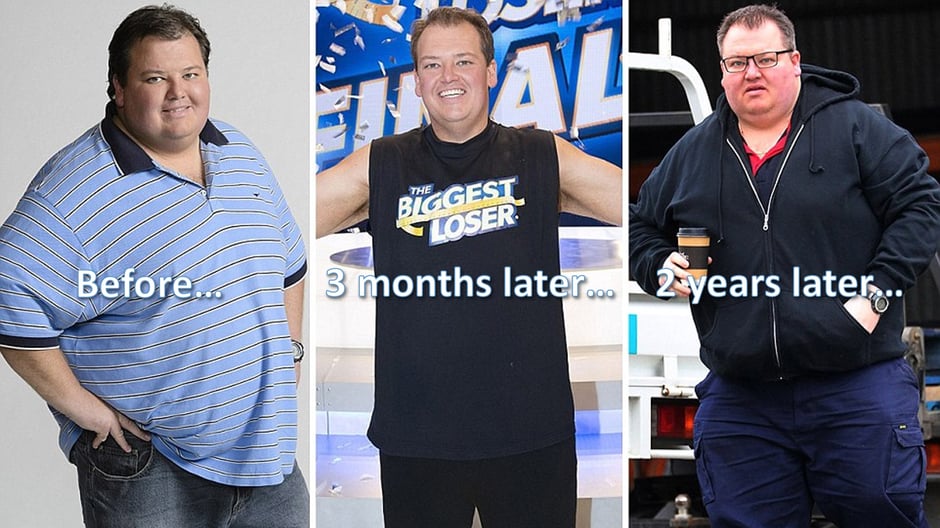
2. Commercial Animal Detox
Most studies that report adverse health consequences from consuming animals are largely epidemiological (i.e. observational), inadequately designed with poorly supported conclusions. However, despite that, we do feel that consuming large amounts of commercially farmed animals is not healthy. For example, commercially farmed cows are kept in concentrated animal feedlots, have access to little or no sunlight, fed an unnatural diet of mouldy grain deemed unfit for human consumption and pumped full of vaccines, growth hormones, antibiotics and other medical drugs. They accumulate these toxins over their lifespan passing them over to you when you consume them. We’ve written about this in our article on organic farming.
So, when you go vegan and give up commercial animal and fish (farmed fish is even nastier!) you are suddenly massively reducing your toxic load and giving your body a chance to detox. You’re initially going to feel better and look better. Of-course the root cause of the problem is not eating meat but eating bad quality meat. Switching to humanely reared and raised animals that have been bred following sound organic and biodynamic farming principals is going to provide the same benefits whilst additional supporting your detox pathways.
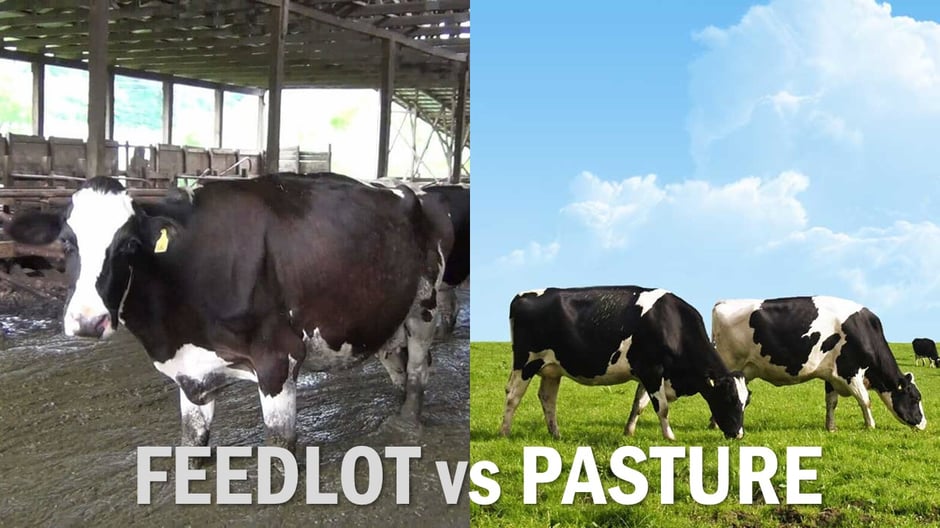
3. Veggies
If you have been consuming a lot of commercially farmed toxic meat you’re going to need to detox and consuming a lot of antioxidant rich veggies (think dark leafy greens and cruciferous veggies from the brassica family) then going plant based in the short term is going to make you feel a lot better as the antioxidants in the veggies help you clean up free radicals and internal toxicity.
As with the above the root cause of the toxicity is not meat but poor-quality meat.
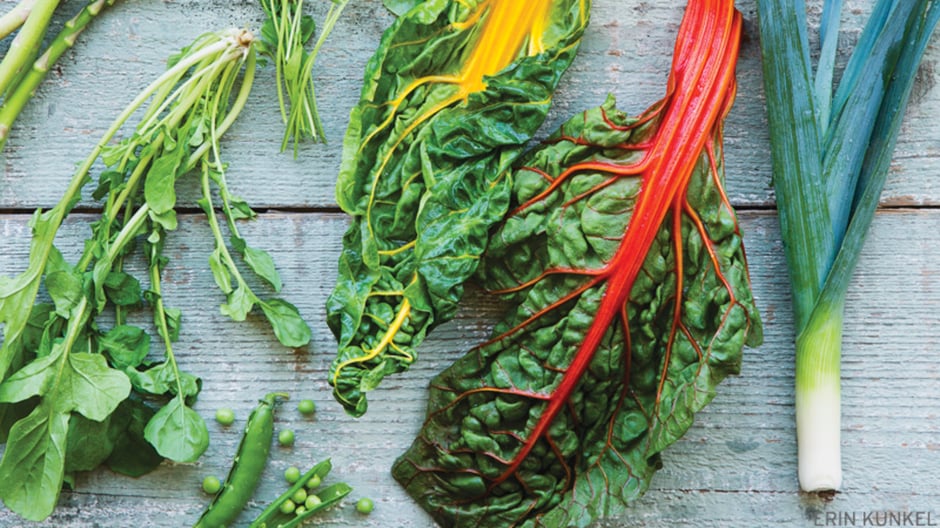
4. Fibre
When people go vegan, they’re often eating a sensible amount of vegetables for the first time. Pizza, pasta, bread, noodles are not vegetables! With those fresh veggies come a lot of insoluble fibre which helps nurture your healthy gut microbiome, draw toxins out of the body and move everything through.
Of course, one could argue that whether you’re vegan, veggie or enjoy a hearty steak every now and then you should always be eating plenty of fresh vegetables!
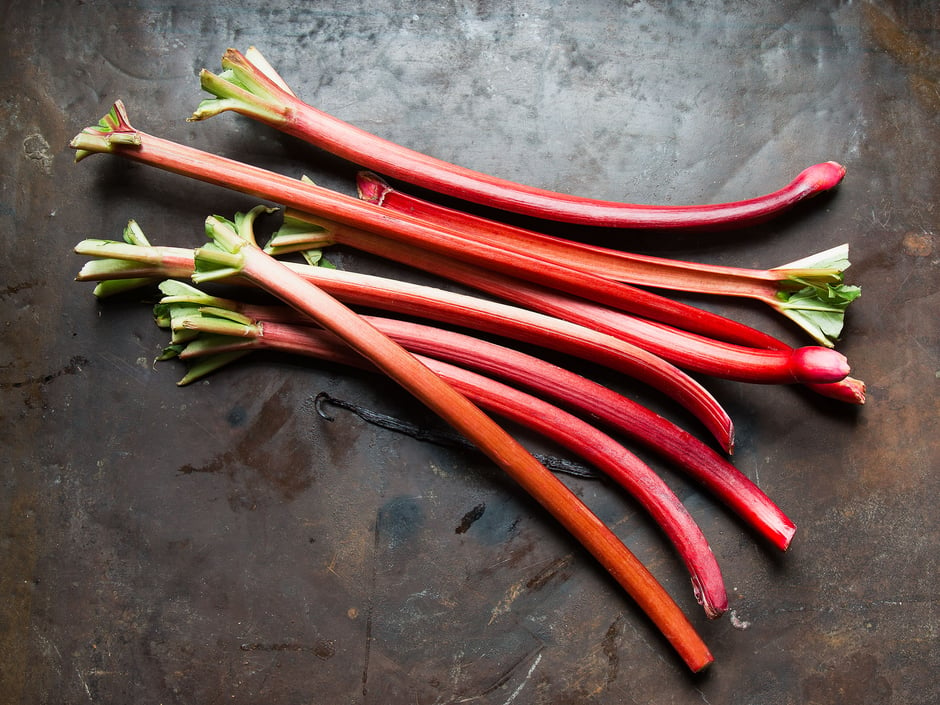
5. Primal Pattern Diet Type
It’s easy in society to over consume meat. When you pair burgers with buns and chips, for example, you create a hyperpalatable meal which can cause you to overeat. Also, frozen meats, processed meats and commercial meats contain far less bioavailable nutrients than from organic sources so you’re going to need to eat a lot meet your bodies’ calorific requirements. Processed meats also contain a lot of sodium further increasing their palatability. For some people this leads to an overconsumption of animal protein. Going vegan may be far closer to a diet that’s genetically suitable for you than the one that you were eating. It might be 95% right and just missing 5% animal protein, well that’s far better than getting it 70% right and hence 30% wrong!
The issue here is not really to follow a dogmatic diet but to get in touch with your body and feed it what it needs, when it needs it. The healthiest vegans we know are the ones that every now and then recognise when they are deficient in a certain micronutrients and then maybe tuck into a few eggs or some wild salmon to top up. We call this Primal Pattern Diet TypingTM which is taught at the CHEK Institute in San Diego.
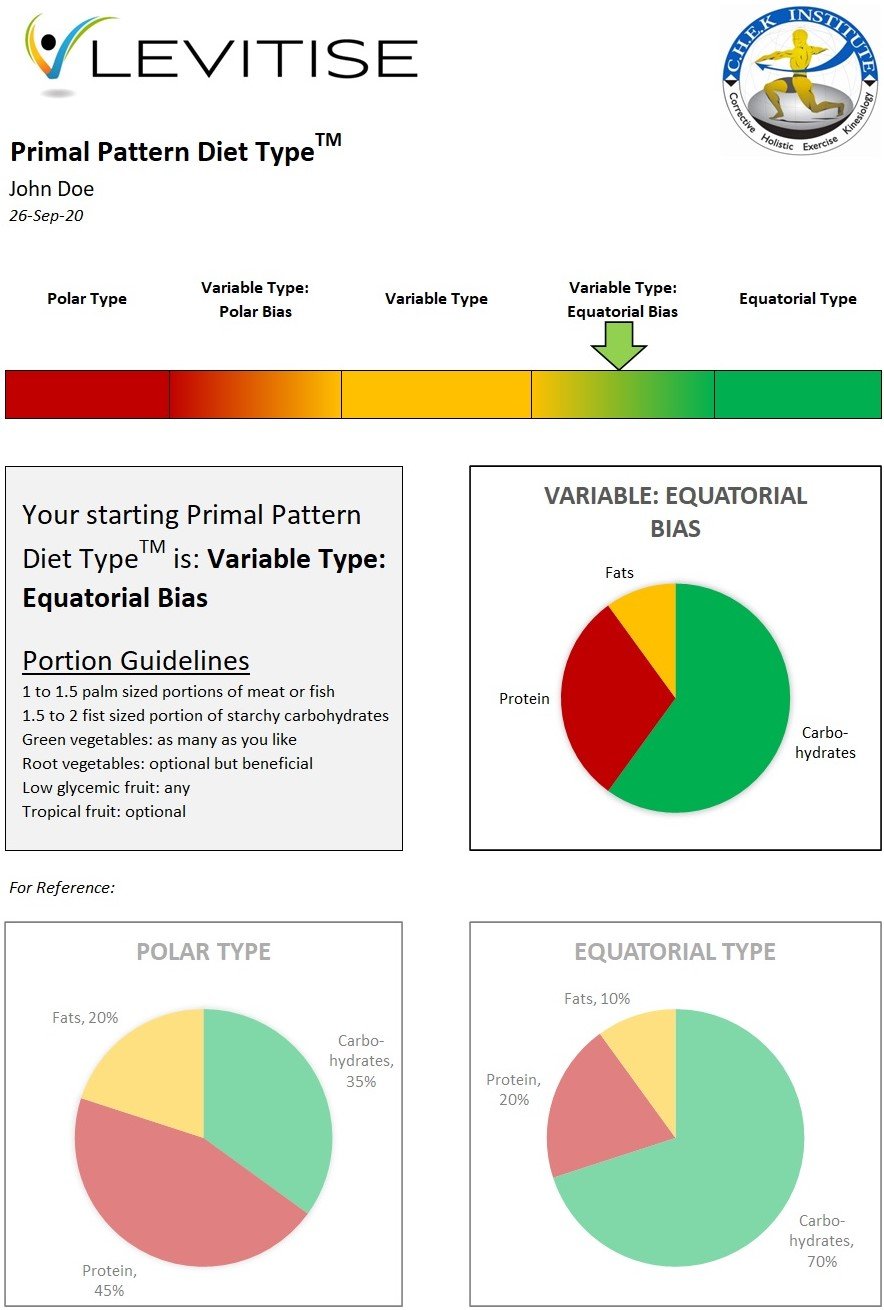
Wrapping Up
So in summary focus on eating good quality meat and fish, tuck into antioxidant rich leafy green veggies 2 to 3 times a day and throw in some fibrous veggies (like rhubarb if you can find it in Singapore) on a daily basis.
It’s a shame but they’ve never done any scientific observational studies on the health effects of a restrictive plant-based diet vs a real whole food diet, so we don’t know from that angle whether the science supports our arguments or not. However we can look at the centenarians (people that routinely live to 100) around the world and see how they ate; the Okinawan’s have been breeding and consuming pork for over 7000 years. The Hunza of Northern Pakistan herd and consume meat from cows, yaks, sheep and goats. According to the prestigious European Journal of Clinical Nutrition the main activity of the Sardinian’s that lived to 100 was animal husbandry, whereas in the rest of the island it was agriculture. And then we have the Cretans, Nicoyans, Abkhasians and many other regional tribes all with a rich history of consuming well-tended animal foods as part of their ancestral diet.
But ultimately the way to know how you should be eating is to get in touch with your body and start listening to it! If the wheels are falling off and you start feeling symptoms of diet related stress, anxiety, sleep problems and other mental issues then it might be a good idea to take another look at your “ism” and see if that is actually the root cause of your problems!
To your health, happiness and longevity,
The Levitise Team
P.S. If you love this blog post then do check out our fortnightly newsletter where you'll get the freshest content on health, nutrition and fitness delivered straight to your inbox. Don't miss out and sign up here with just your name and email.

Write a comment